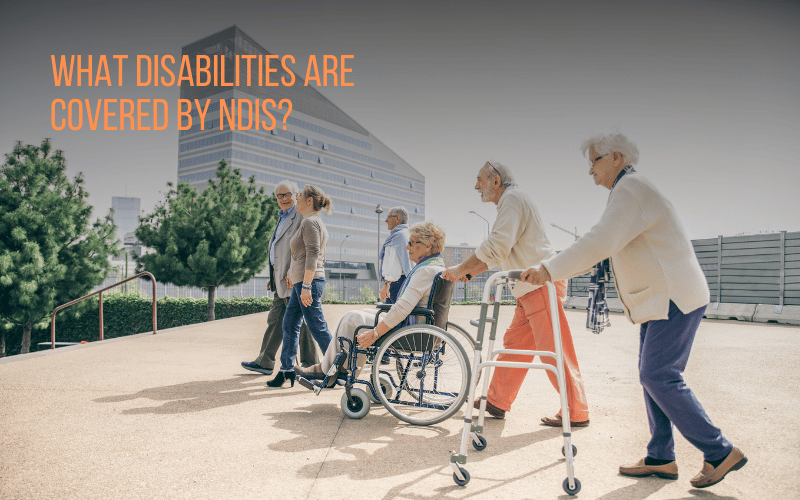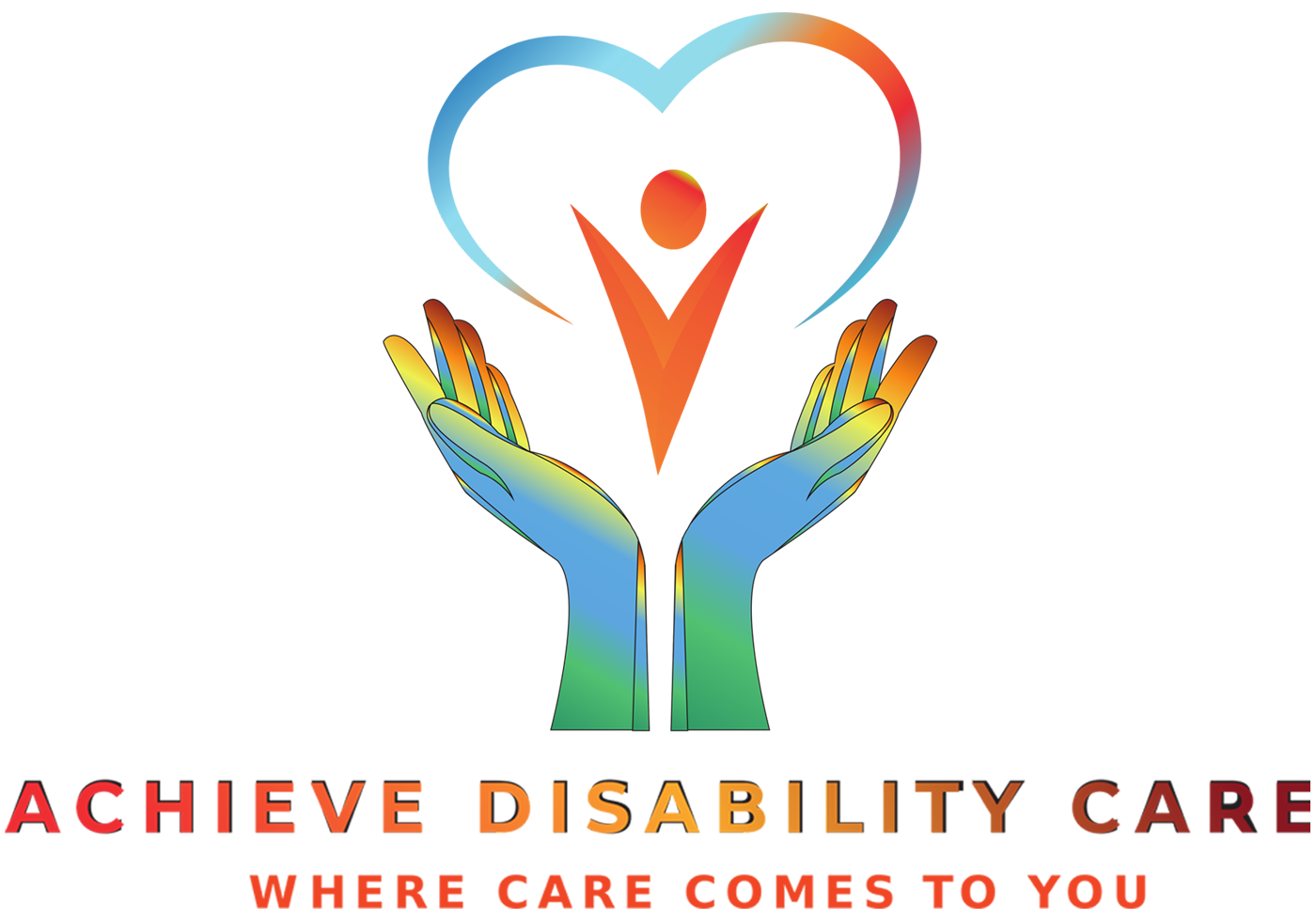38 Dallington crescent Balga WA 6061

What disabilities are covered by NDIS?
Comprehensive Guide to NDIS Disability Coverage: What Disabilities Are Covered?
NDIS has evolved and continuously changed itself to be more accommodating to people’s needs and concerns. However, it can be challenging for individuals to know whether or not they qualify for an NDIS plan. There are eligibility requirements laid out by NDIS and through this blog, we are simplifying everything you need to know.
What is NDIS?
NDIS is a National Disability Insurance Scheme by the government of Australia to provide support to disabled individuals. The support is offered in terms of funding for a wide range of services including assistance for daily living, therapeutic needs, and social, educational, and mental welfare support. This is a system that dedicatedly works towards providing support and funding to disabled individuals by helping them lead a fulfilled and independent life.
To be eligible for NDIS, a disability must be within the list of disabilities covered by NDIS. Let’s discover who is eligible for NDIS support care.
Disabilities covered under NDIS
1. List A medical conditions
Medical conditions listed under list A are considered to cause permanent disability and impairment that results in reduced functional capacity. To be eligible, you must meet the criteria eligible for support.
In most cases, List A medical conditions would not require further information on functional impact. They usually are eligible for the NDIS funding scheme.
Here are all the medical conditions under list A:
- Intellectual Disabilities
These are categorized as moderate, severe, or profound after the assessment and diagnosis in accordance with DSM criteria. It includes conditions like down syndrome and autism. Level 2 and level 3 autism are eligible for severe substantial support.
- Genetic conditions result in permanent intellectual and mental impairment. Find the detailed list of genetic conditions under list A here.
- Spinal Cord injuries
- Permanent Bilateral hearing Loss
- Amputation or congenital absence of 2 limbs
- Deafblindness
- Hemiplegia
- Permanent blindness
2. List B Medical conditions
List B medical conditions are also permanent. However, since the severity varies, one may require an additional assessment to prove:
- The functional and psychological capacity has been affected.
- Likely to require lifetime support from NDIS.
- Social and economic participation has been affected.
This list is quite extensive and needs to be studied properly before applying for NDIS. Check out the medical conditions listed under list B covering NDIS.
Some of these conditions include,
- Intellectual disabilities
- Speech and hearing impairments
- Amputation
- Neurological conditions like Alzheimer’s dementia and Parkinson’s.
- Chromosomal abnormalities.
3. List C Defined programs
People who have qualified for and have been receiving services from Victorian schemes will be directly eligible for NDIS. The recipients of these schemes won’t require to offer evidence of their disability anymore.
Victorian scheme participants who can apply for NDIS are:
- Individual Support Package
- Disability Support Register
- Therapy
Find the complete up-to-date list of List C here.
4. List D Permanent impairment/ Early intervention
Children with permanent disabilities and impairments can register for NDIS. Assessments are not required for this and parents can receive support directly.
Eligibility criteria to get access to NDIS:
In order to be eligible to apply for NDIS,
- You must be less than 65 years old. The day of application should be before you turn 65.
- You must live in Australia permanently.
- You must be a citizen of Australia or a permanent resident there.
How to apply for NDIS?
Once you meet the laid out criteria, you can fill out the application. The application can be filled in either of the two ways:
- Fill out the application individually
Fill out an application form. Have complete control over your goals and the support you want to receive.
- Fill out the application through LAC
LACs are local area coordinators that understand the system very well. They can help you fill out the forms and offer guidance suited to your particular health condition.
Pick Your Support Partner
NDIS services are offered by various NDIS providers. It is your task to choose an appropriate service provider that aligns with your goal and unique condition. Ensure that the NDIS service provider you choose is registered, and has positive feedback from the NDIS participants and knowledgeable service team.
At Achieve Disability Care, we offer effortless and hassle-free NDIS services with thorough customer support. Connect now.
What support does NDIS offer?
NDIS offers support in 4 core areas:
- Consumables
- Assistance with Daily life
- Transportation
- Assistance to social and community participation
NDIS funding can be used to avail support in these core areas depending on your need and eligibility. Note that NDIS does not cover anything that is not related to disability. This means food, rent, and related services won’t be covered under NDIS funds. Moreover, it cannot be used to avail services that pose a risk to the participant or anyone else.
All in all, NDIS could provide substantial help for the disabled and their families. Check your eligibility and apply for the same to avail maximum benefits.
